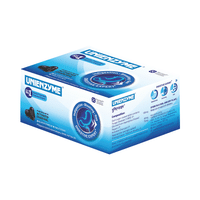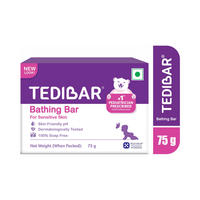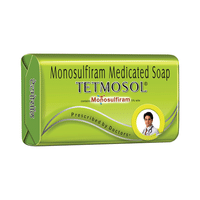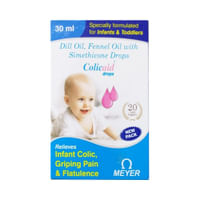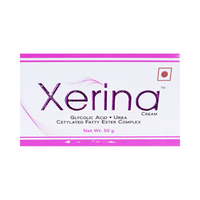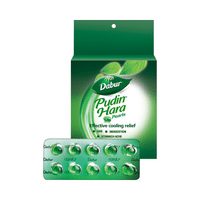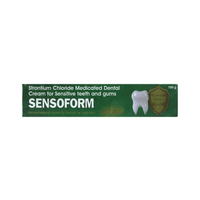Faronem CV Tablet

Rs.1233for 1 strip(s) (10 tablets each)
food interaction for Faronem CV
alcohol interaction for Faronem CV
pregnancy interaction for Faronem CV
lactation interaction for Faronem CV
food
alcohol
pregnancy
lactation
Faronem CV Tablet may be taken with or without food, but it is better to take it at a fixed time.
None
None
CAUTION
It is not known whether it is safe to consume alcohol with Faronem CV Tablet. Please consult your doctor.
CONSULT YOUR DOCTOR
Information regarding the use of Faronem CV Tablet during pregnancy is not available. Please consult your doctor.
CONSULT YOUR DOCTOR
Information regarding the use of Faronem CV Tablet during breastfeeding is not available. Please consult your doctor.
CONSULT YOUR DOCTOR
SALT INFORMATION FOR Faronem CV
Faropenem(200mg)
Uses
Faropenem is used in the treatment of bacterial infections. It treats infections of respiratory and urinary tract.
How it works
Faropenem is an antibiotic. It kills bacteria by preventing them from forming the bacterial protective covering (cell wall) which is needed for them to survive.
Common side effects
Rash, Nausea, Abdominal pain, Diarrhea, Shock, Acute renal failure, Increased liver enzymes, Hypersensitivity, Pulmonary eosinophilia, Colitis, Stevens-Johnson syndrome, Interstitial pneumonia, Agranulocytosis (deficiency of granulocytes in the blood)
Clavulanic Acid(125mg)
Uses
Clavulanic Acid is used in the treatment of bacterial infections.
How it works
Clavulanic Acid is a beta-lactamase inhibitor. It works by blocking an enzyme (beta lactamase) produced by bacteria to inactivate antibiotics. This reduces resistance and enhances the activity of antibiotics against bacteria. It does not have any antibacterial activity of its own.
Common side effects
No common side effects seen
SUBSTITUTES FOR Faronem CV
12 Substitutes
12 Substitutes
Sorted By
 Rs. 805.85save 1% more per Tablet
Rs. 805.85save 1% more per Tablet Rs. 709.50save 7% more per Tablet
Rs. 709.50save 7% more per Tablet Rs. 900pay 18% more per Tablet
Rs. 900pay 18% more per Tablet Rs. 854pay 10% more per Tablet
Rs. 854pay 10% more per Tablet Rs. 870pay 14% more per Tablet
Rs. 870pay 14% more per Tablet
Expert advice FOR Faronem CV
- Faropenem helps treat severe bacterial infections such as respiratory tract infections, urinary tract infection, skin infections and gynaecological infections.
- It may cause diarrhea and loose bowel movements. Drink plenty of fluids to keep yourself hydrated and inform your doctor if it becomes persistent or contains blood or mucus.
- Your doctor may monitor your liver function while taking this medication.
Frequently asked questions FOR Faronem CV
Faropenem
Q. Can the use of Faropenem cause diarrhea?
Yes, the use of Faropenem can cause diarrhea. It is an antibiotic which kills the harmful bacteria. However, it also affects the helpful bacteria in your stomach or intestine and causes diarrhea. If diarrhea persists, talk to your doctor about it.
Q. What if I do not get better after using Faropenem?
Inform your doctor if you do not feel better after finishing the full course of treatment. Also, inform if your symptoms are getting worse while using this medicine.
Clavulanic Acid
Q. What is Clavulanic Acid?
Clavulanic Acid is a beta-lactamase inhibitor. It does not exert a clinically useful antibacterial effect on its own. It is used in combination with other antibiotics to increase their effect.
Q. Why is Clavulanic Acid used with amoxicillin?
Amoxicillin is a semisynthetic penicillin (beta-lactam antibiotic) that is easily broken down by beta-lactamase enzyme produced by some bacteria. Clavulanic Acid inactivates the beta-lactamase enzymes thereby preventing the breakdown of amoxicillin.













